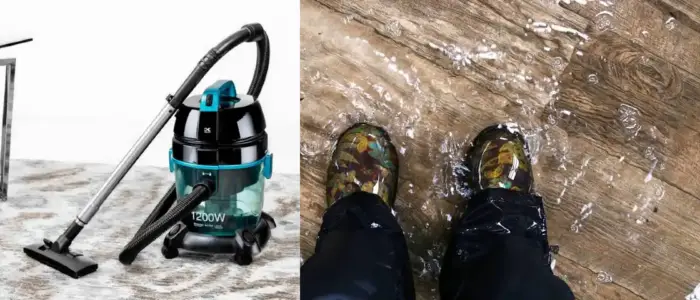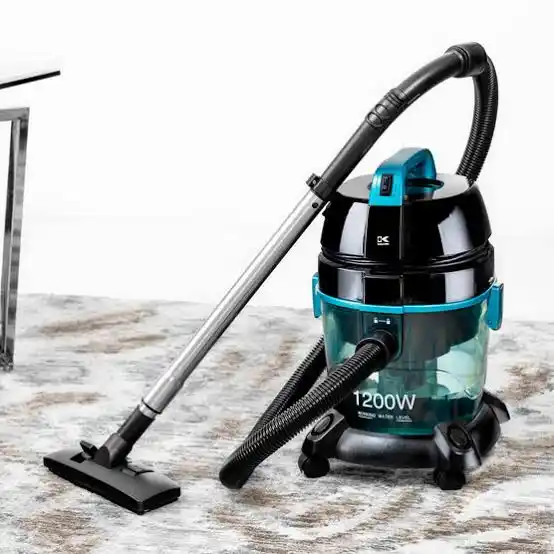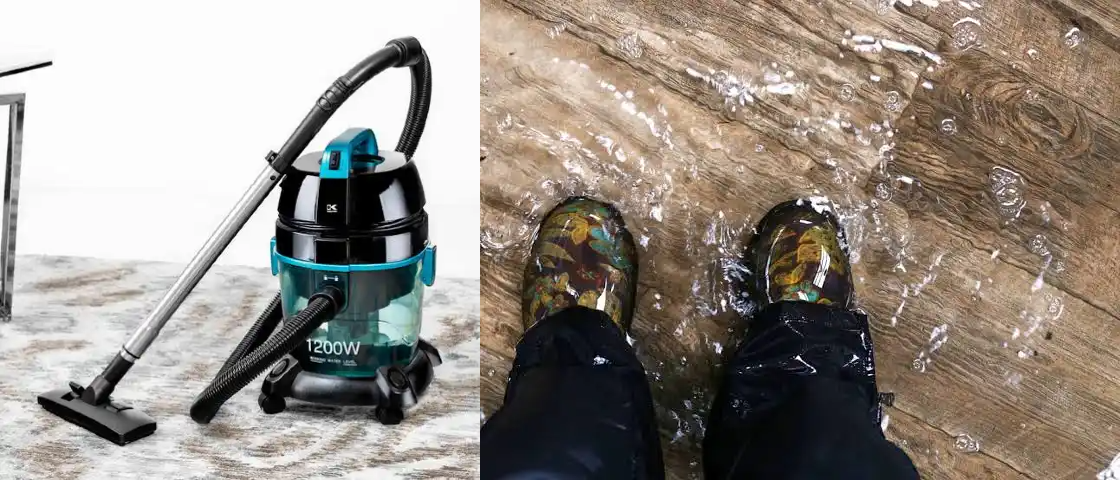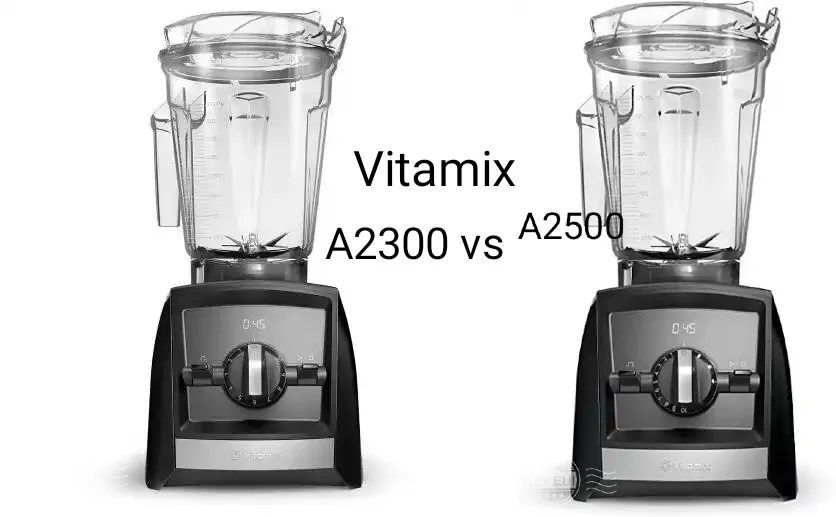As a homeowner, it’s important to know how to handle water damage in case of a flood or leak. One common question that comes up is whether or not it’s safe to use a vacuum cleaner for water cleanup.
In this article, I’ll provide expert advice on the topic, including the risks involved, how to safely clean up water with a vacuum, and alternatives to using a vacuum.
The Dangers of Water and Electricity

Before we dive into the topic of using a vacuum for water cleanup, it’s important to understand the dangers of water and electricity. When water comes into contact with electrical outlets or appliances, it can cause a potentially deadly situation.
Water is a conductor of electricity, which means that it can easily carry an electrical current through your home. This can lead to electric shock, fires, and other hazards.
It’s important to take precautions when dealing with water damage in your home. Turn off the power to the affected area before attempting to clean up any water. If you’re unsure how to do this, contact a professional electrician or your local utility company for help.
Can You Use Your Vacuum to Clean Up Water?
The short answer is yes, you can use a vacuum to clean up water. However, it’s not always the safest option. Most household vacuums are not designed to handle large amounts of water and can be easily damaged by it.
Additionally, using a vacuum to clean up water can be dangerous if proper precautions aren’t taken.
Risks of Using a Vacuum to Clean Up Water
Using a vacuum to clean up water can pose several risks, including electrical shock, damage to the vacuum, and potential health hazards. If the vacuum is not properly grounded or equipped with a ground fault circuit interrupter (GFCI), it can cause electric shock when it comes into contact with water. Additionally, the water can damage the motor and other components of the vacuum, rendering it useless.
Another risk of using a vacuum to clean up water is the potential for mold growth. If the vacuum does not effectively remove all of the moisture from the area, it can create a damp environment that is conducive to mold growth. This can pose serious health risks, particularly for those with allergies or respiratory problems.
How to Safely Clean Up Water with a Vacuum

If you do decide to use a vacuum to clean up water, there are several steps you can take to do so safely. First and foremost, ensure that the vacuum is equipped with a GFCI and is properly grounded. This will prevent electric shock in case the vacuum comes into contact with water.
Next, use a wet/dry vacuum that is specifically designed for water cleanup. These vacuums are equipped with a hose and nozzle that are designed to handle water and can effectively remove moisture from the area.
Be sure to follow the manufacturer’s instructions for use and maintenance to ensure that the vacuum operates safely and effectively.
Steps to Take if Your Vacuum Comes Into Contact with Water

In the event that your vacuum comes into contact with water, it’s important to take immediate action to prevent damage and ensure safety. Turn off the vacuum and unplug it from the electrical outlet. Do not touch the vacuum or attempt to unplug it if you are standing in water or on a wet surface.
Once the vacuum is safely unplugged, remove the filter and any other removable parts and allow them to air dry completely. If the vacuum has been damaged by the water, do not attempt to repair it yourself. Contact a professional repair service or the manufacturer for assistance.
Alternatives to Using a Vacuum to Clean Up Water
If you’re not comfortable using a vacuum to clean up water, there are several alternatives you can consider. One option is to use towels or a mop to soak up the water. Be sure to wring out the towels or mop frequently and dispose of them in a sealed plastic bag to prevent mold growth.
Another option is to use a dehumidifier or fan to dry out the area. These appliances can help to remove moisture from the air and promote faster drying. Be sure to follow the manufacturer’s instructions for use and maintenance to ensure safety and effectiveness.
Tips for Preventing Water Damage in Your Home
Prevention is key when it comes to water damage in your home. Here are some tips to help prevent water damage:
- Regularly inspect your home for leaks and fix them promptly.
- Install a sump pump in your basement to prevent flooding.
- Keep gutters and downspouts clean and free of debris.
- Ensure that your home’s foundation is properly sealed and graded to prevent water from entering.
- Have your plumbing and HVAC systems inspected and maintained regularly.
Conclusion and Final Thoughts
In conclusion, using a vacuum to clean up water can be a safe and effective option if proper precautions are taken. However, there are several risks involved and alternatives to consider.
If you’re not comfortable using a vacuum for water cleanup, be sure to explore other options and take steps to prevent water damage in your home. Remember to always prioritize safety when dealing with water and electricity in your home.
If you need professional assistance with water damage cleanup, contact a certified restoration company for help.




